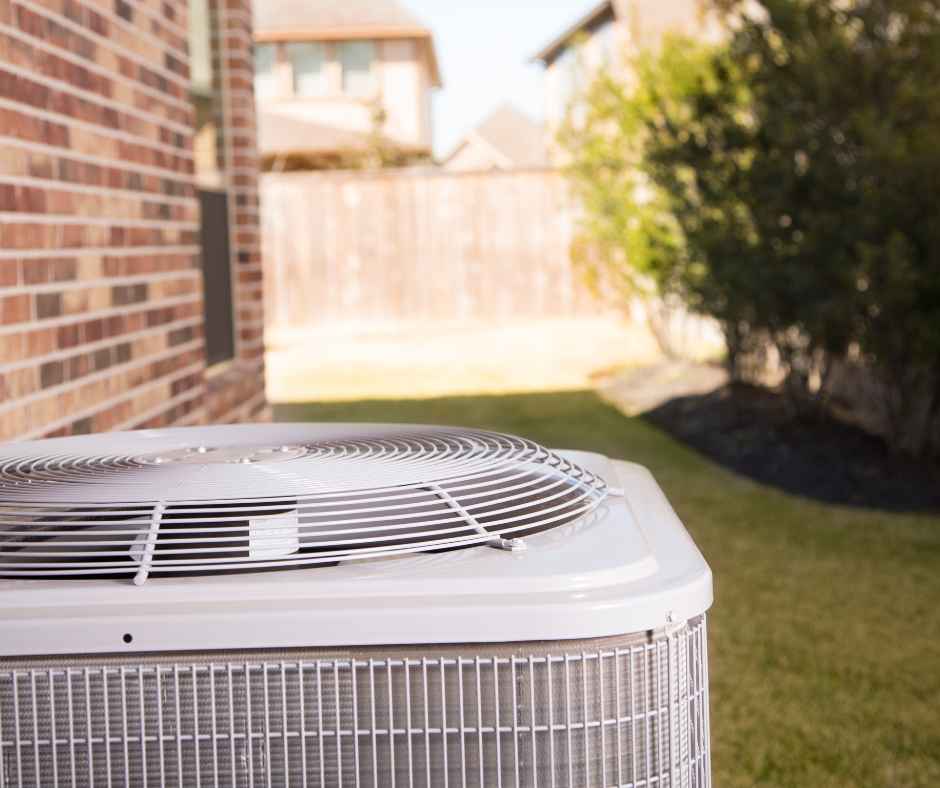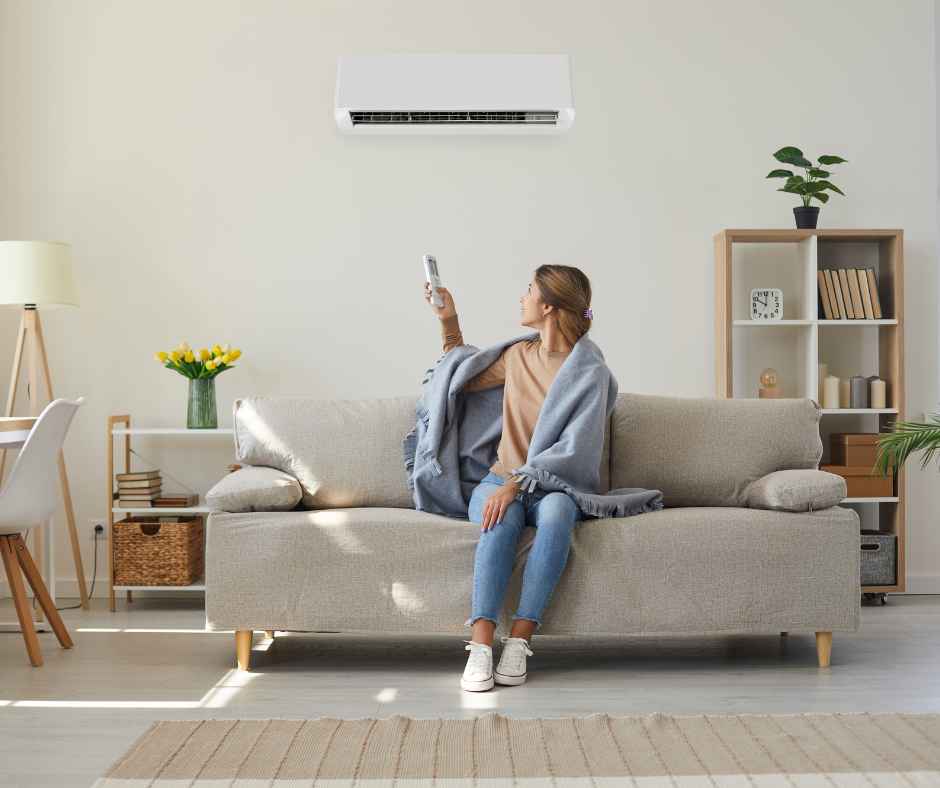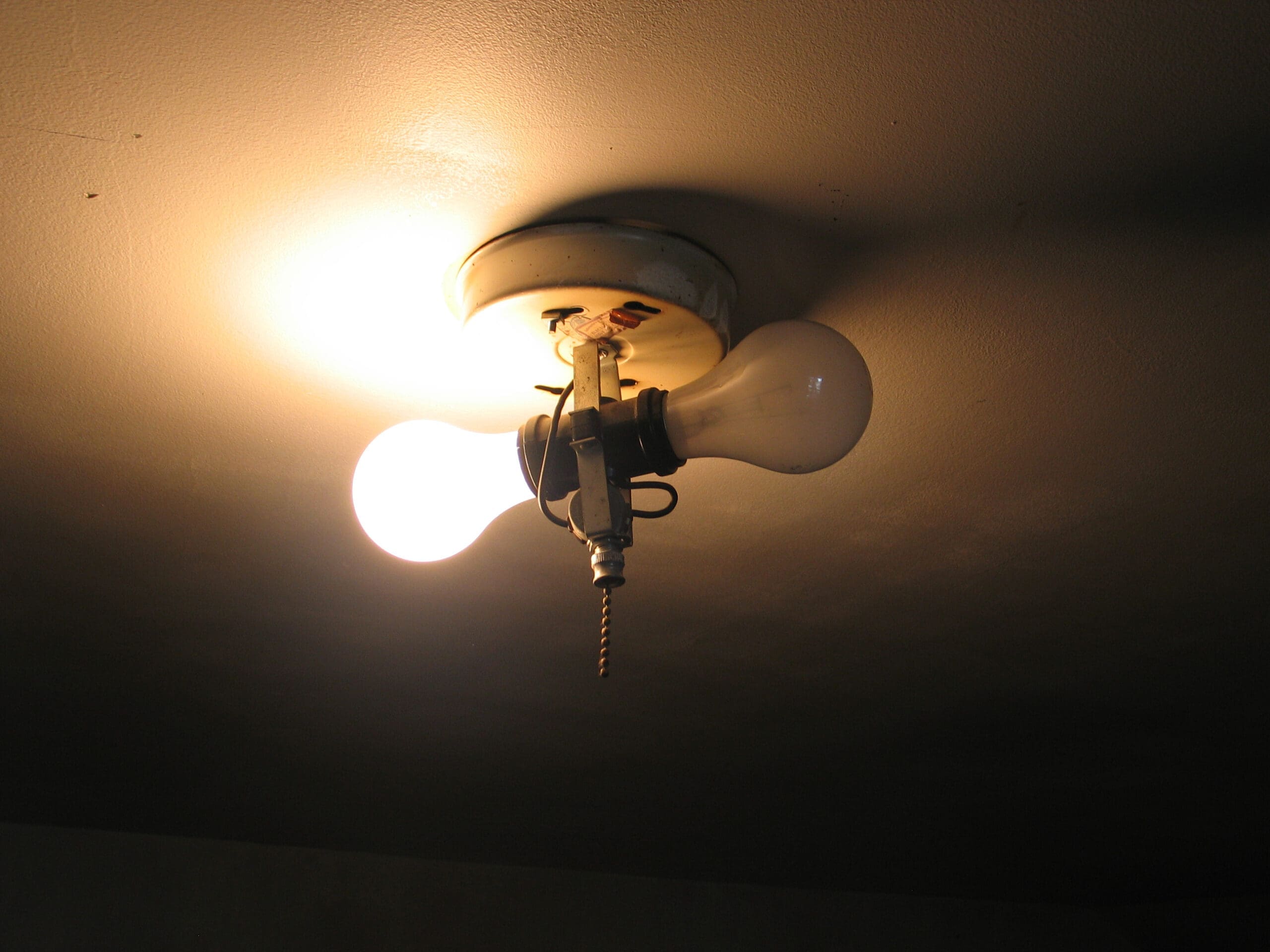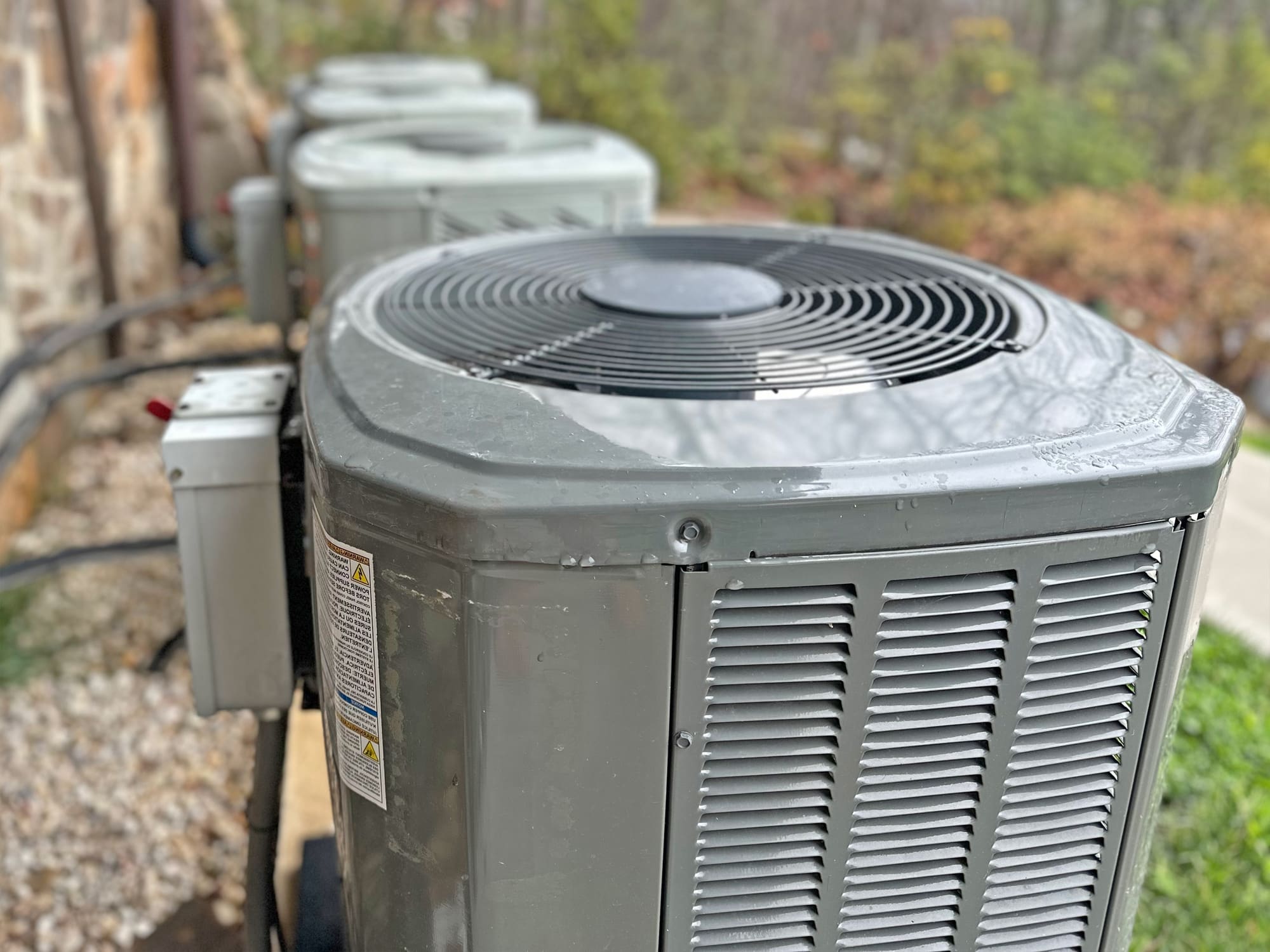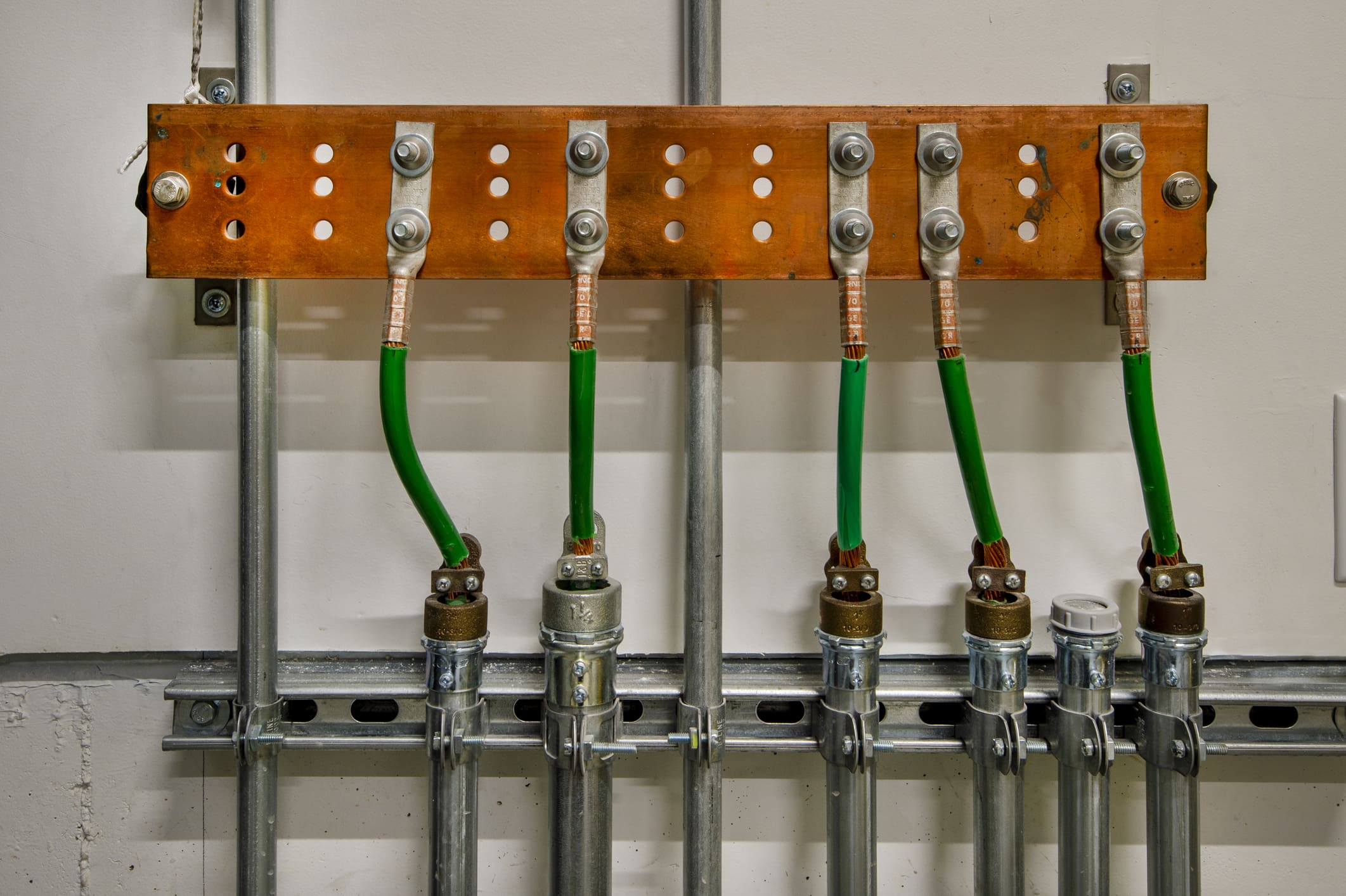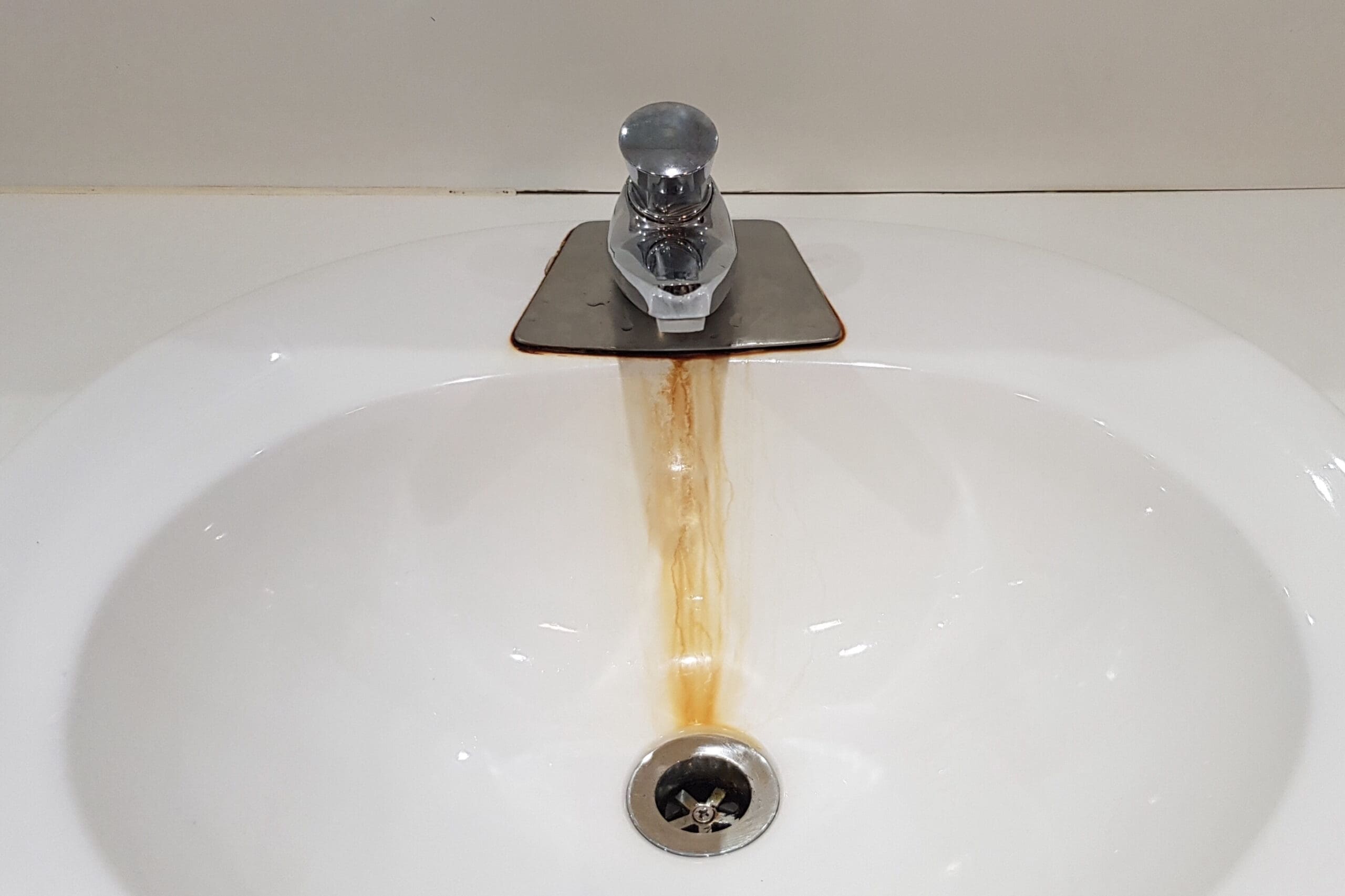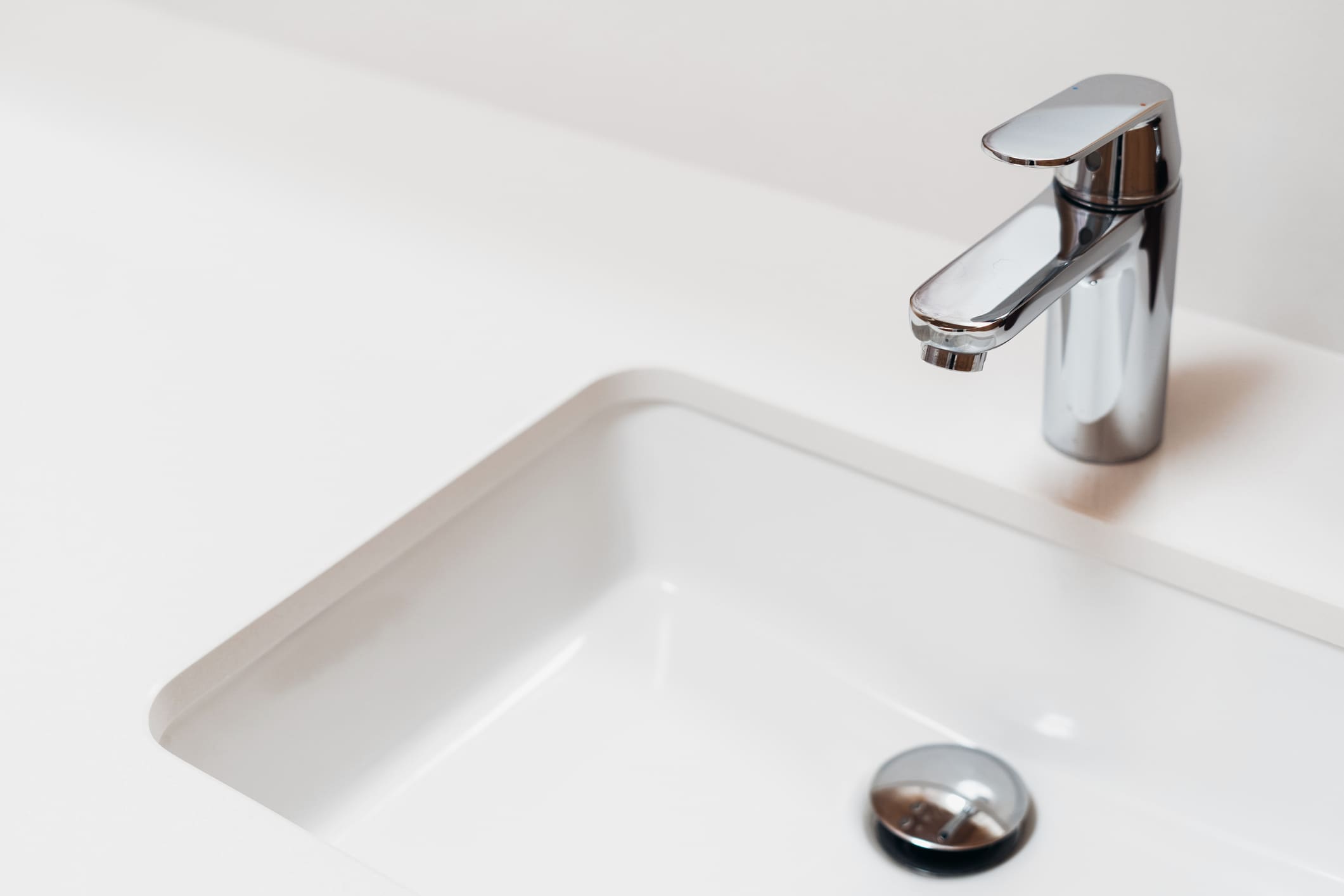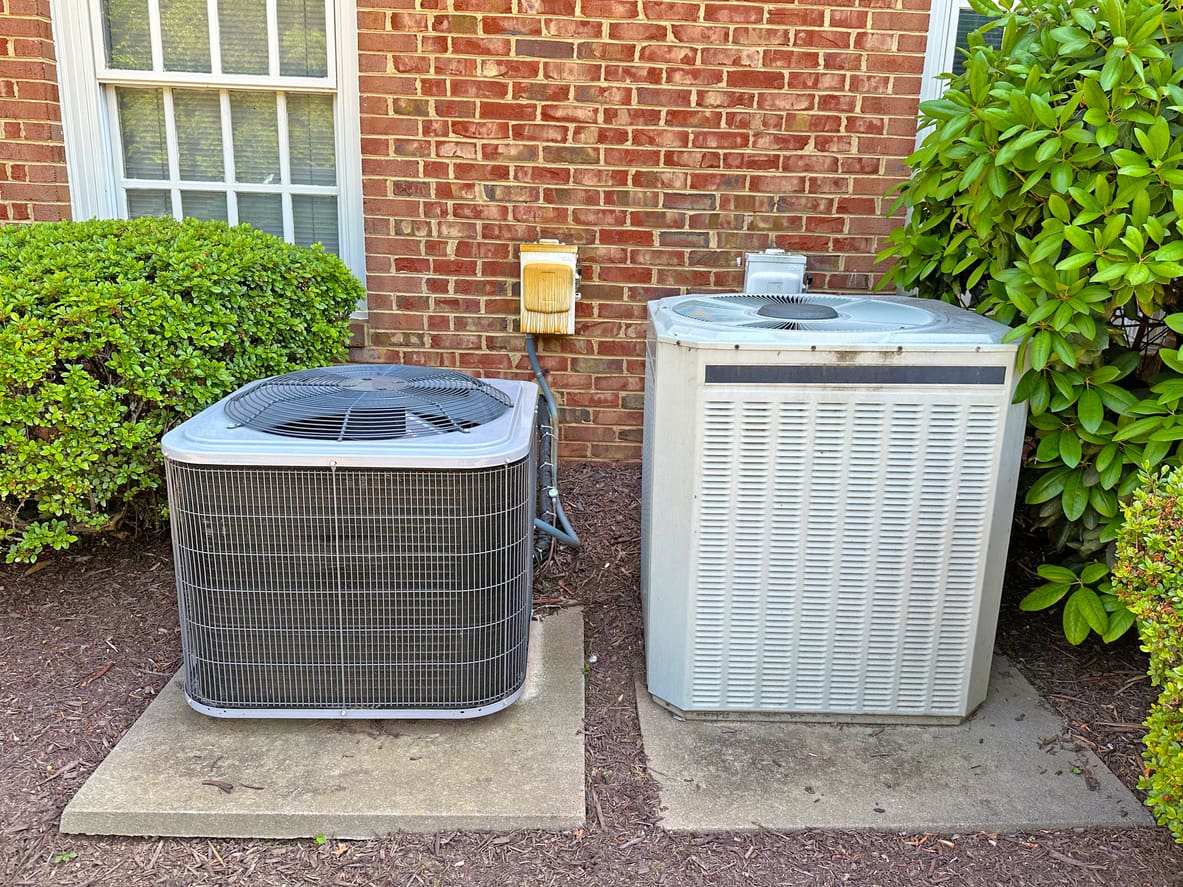
Yes, air conditioning systems do lower humidity as a by-product of their cooling process. The principle behind this is quite straightforward. As warm air in your home passes over the cold evaporator coils of the AC unit, the moisture in the air condenses on these coils, effectively removing a portion of the humidity. This process not only helps in cooling your home more efficiently but also significantly enhances comfort levels by reducing the ‘stickiness’ associated with high humidity.
In the sweltering heat of summer, the relief provided by air conditioning (AC) systems is not just a luxury but a necessity for many. However, beyond cooling, there’s a significant aspect of air conditioning that often goes unnoticed: its ability to lower humidity levels within our homes. This blog post dives into the mechanics behind how air conditioning units remove humidity, the benefits of reduced humidity levels, and how you can optimize your AC for better humidity control.
How Does AC Remove Humidity?
The process of humidity removal by an air conditioner is intricately linked to its cooling cycle. When the AC is running, it draws in warm, humid air and passes it over refrigerant-filled coils. These coils are significantly cooler than the air temperature, leading to the condensation of water vapor from the air. This condensation is then collected and drained away, resulting in air that is both cooler and drier being circulated back into the room.
Does AC Lower Humidity in All Conditions?
While air conditioners are designed to remove humidity, their efficiency can vary based on several factors. The size of the unit compared to the space it’s cooling plays a crucial role. An oversized AC might cool the room quickly but without running long enough to effectively remove humidity, leaving the air feeling damp. Conversely, a correctly sized AC will run cycles long enough to both cool and dehumidify efficiently.
Does AC Help With Humidity… Really?
Air conditioners can significantly help with managing indoor humidity levels, enhancing comfort and preventing the growth of mold and mildew, which thrive in moist environments. Lower humidity levels also mean that your AC doesn’t have to work as hard to cool the air, potentially leading to energy savings and prolonging the lifespan of your unit.
Optimizing Your AC for Humidity Control
To maximize the dehumidifying potential of your air conditioning system, consider the following tips:
- Proper Sizing: Ensure your AC unit is correctly sized for your space. A unit that’s too large or too small for the area it’s intended to cool can be inefficient at removing humidity.
- Regular Maintenance: Clean and replace your AC filters regularly, and ensure the evaporator coils are clean. This not only helps with cooling efficiency but also improves humidity removal.
- Use a Dehumidifier: In areas with extremely high humidity, pairing your AC with a dehumidifier can help maintain more comfortable humidity levels.
- Smart Thermostats: Use a smart thermostat to regulate your AC’s operation, ensuring it runs long enough to remove moisture from the air effectively.
Conclusion
The ability of air conditioning systems to lower humidity levels is a crucial aspect of their operation, significantly affecting indoor comfort and air quality. By understanding how your AC removes humidity and following best practices for maintenance and operation, you can enhance your home’s comfort and potentially save on energy costs.
If you’re looking to optimize your home’s air conditioning and humidity levels, consider Lazer Home Services. Our team of experts can help you select the right AC system for your needs and provide professional maintenance and repair services to keep your home comfortable all year round. Contact us today to learn more about how we can enhance your indoor air quality and comfort.

